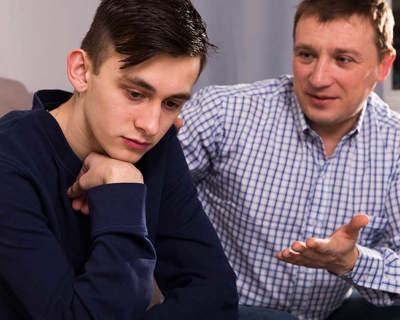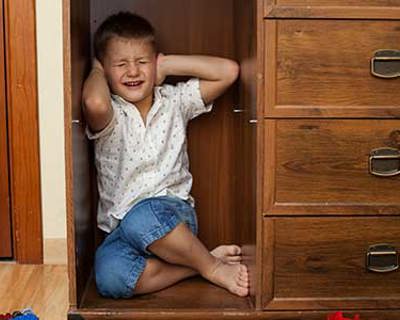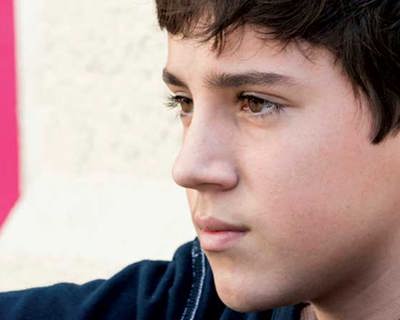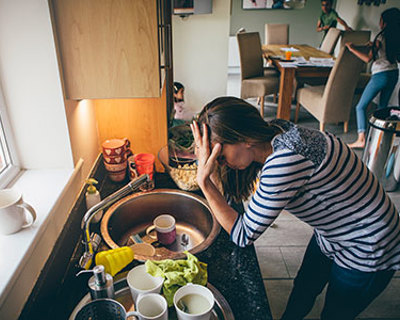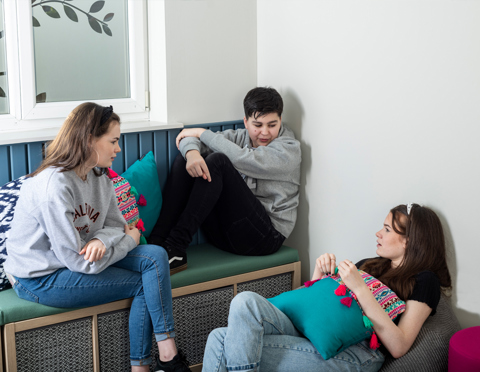
We're here if you need to talk about your child's wellbeing
What is good mental health and wellbeing?

Good mental health is often called wellbeing. There are lots of similar definitions of wellbeing. The simplest way to describe wellbeing is being ‘healthy, happy and able to cope with the normal stresses of life.’
The UK charity Mind say wellbeing is about:
- feeling good about yourself
- being able to feel and express a range of emotions
- having good relationships
- being interested in the world around you.
What about children’s wellbeing?
During childhood, our brains grow, and part of this growth involves learning to understand and cope with our feelings. This natural process includes all the ups and downs of being happy and sad from time to time and learning to handle these emotions: from toddlers’ tantrums to teenagers’ exam stress.
Like everything else, children look to adults to teach them how to do this. Parents have a big effect on how their children learn how to cope with their feelings. This is why showing your child you can react calmly and with compassion is so important. While it’s not always easy, showing ways of coping with day to day life will help your child’s wellbeing.
In this section, you can read about why some children develop issues with their mental health that go beyond the day to day ups and downs, how this might affect the way they behave, and how you can help them.



